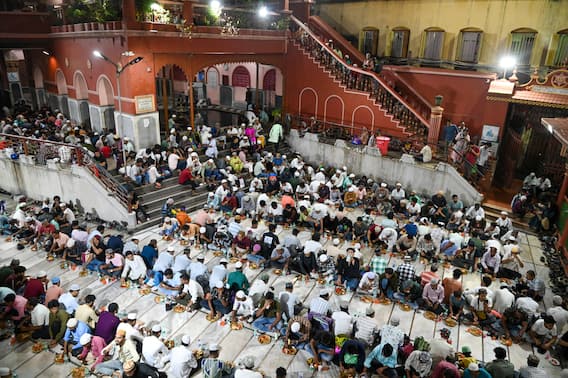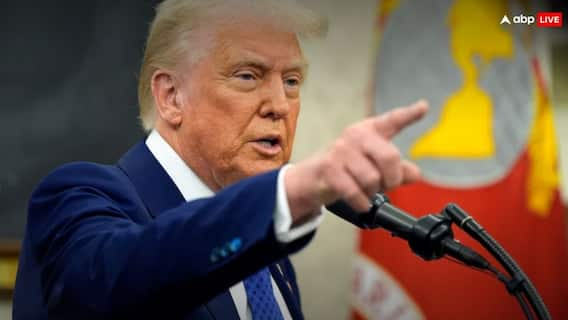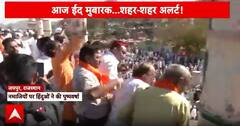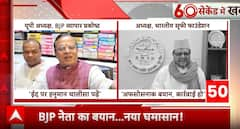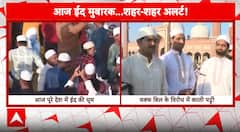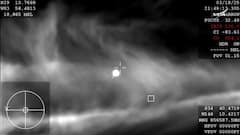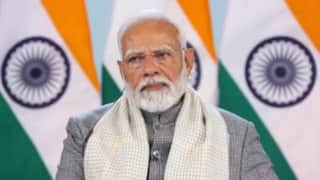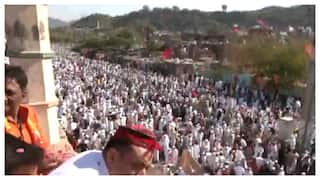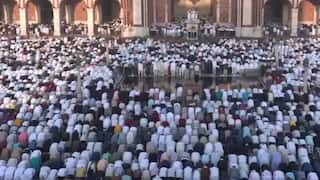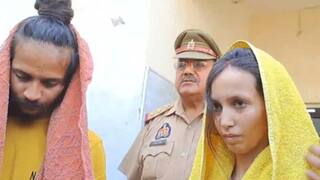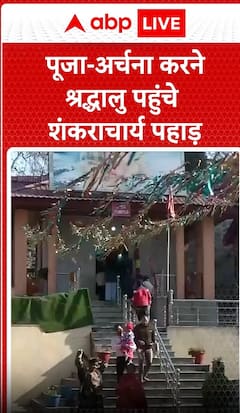Trump Mandates Citizenship Proof For Voting In US Elections, Cites India's Example
The order states that the US has failed "to enforce basic and necessary election protections" and directs states to work with federal agencies to share voter lists and prosecute election-related crimes.

US President Donald Trump on Tuesday signed an executive order introducing major changes in the country's election process, including requiring mandatory documentary proof of citizenship for voter registration and ensuring all ballots are received by election day.
The order cited India and Brazil as examples of countries that have "tied voter identification to a biometric database", while US fails to enforce even "basic and necessary election protections".
"Despite pioneering self-government, the United States now fails to enforce basic and necessary election protections employed by modern, developed nations, as well as those still developing. India and Brazil, for example, are tying voter identification to a biometric database, while the United States largely relies on self-attestation for citizenship," the order noted.
"Germany and Canada require paper ballots when tabulating votes, while the United States has a patchwork of methods that often lack basic chain-of-custody protections," it added.
The order also said that countries such as Denmark and Sweden "sensibly" limit mail-in voting to those who are unable to cast their votes in person and do not count late-arriving votes regardless of the date of postmark. The US officials, however, accepts ballots without postmarks or those received after the election day.
What The Order Says
Trump's order calls for federal voter registration form to be amended, requiring a valid citizenship proof such as a passport or birth certificate in order to prevent voting by non-Americans.
The order states that the US has failed "to enforce basic and necessary election protections" and directs states to work with federal agencies to share voter lists and prosecute election-related crimes, news agency Associated Press reported.
It further warned that states where election officials fail to comply may face cuts in federal funding. Additionally, the order also prohibits states from accepting mail-in ballots received after election day, regardless of the posted date.
The sweeping order, which is likely to face legal challenges, aligns with Trump's longstanding criticism of election processes, as he has frequently claimed rigging even before results are announced.
He has frequently alleged election rigging even before results are announced and has often challenged various voting methods since his 2020 loss to Joe Biden, falsely attributing his defeat to widespread fraud. Trump has also targeted mail voting, alleging that it is insecure and prone to fraud, even as he has adjusted his stance due to its popularity among voters, including Republicansk, the AP report said.
The order's documentary proof of citizenship requirement, which mandates documents such as a passport to be eligibile to cast ballots in federal elections, reflects the objectives of the Republican-backed Safeguard American Voter Eligibility (SAVE) Act.
While signing the order on Tuesday, the US President referred to the alleged election fraud, and said, “this will end it, hopefully”.
ALSO READ: Traffic Movement Between Delhi And Gurugram To Be Affected For 6 Hours On Wednesday. Details Here
Democrats Raise Concern Over Order
Republican lawmakers have backed Trump's order, asserting that it is necesary in restoring public confidence in elections. Georgia Secretary of State Brad Raffensperger said that the "order ensures that only American citizens decide American elections", AP reported.
However, voting rights groups and Democrats have critcised the order, raising concerns about potential voter disenfranchisement.
A 2023 report by the Brennan Center for Justice and other organisations noted that an estimated nine per cent of eligible US citizens, which are roughly about 21.3 million people, do not have the readily available proof of citizenship. Besides, nearly 18 states and Puerto Rico accept mailed ballots even after Election Day as long as they are postmarked on or before that date.
Some have also raised concerns regarding potential registration issues for married women whose names have changed since their birth certificates were issued.
Labelling the order an "unlawful" weaponization of the federal government, Colorado’s Democratic Secretary of State, Jena Griswold accused Trump of attempting to suppress voter turnout.
ALSO READ: SC Takes Suo Moto Cognisance Of Allahabad HC’s Ruling On ‘Grabbing Minor’s Breasts Not Rape’
Trending News
Top Headlines







